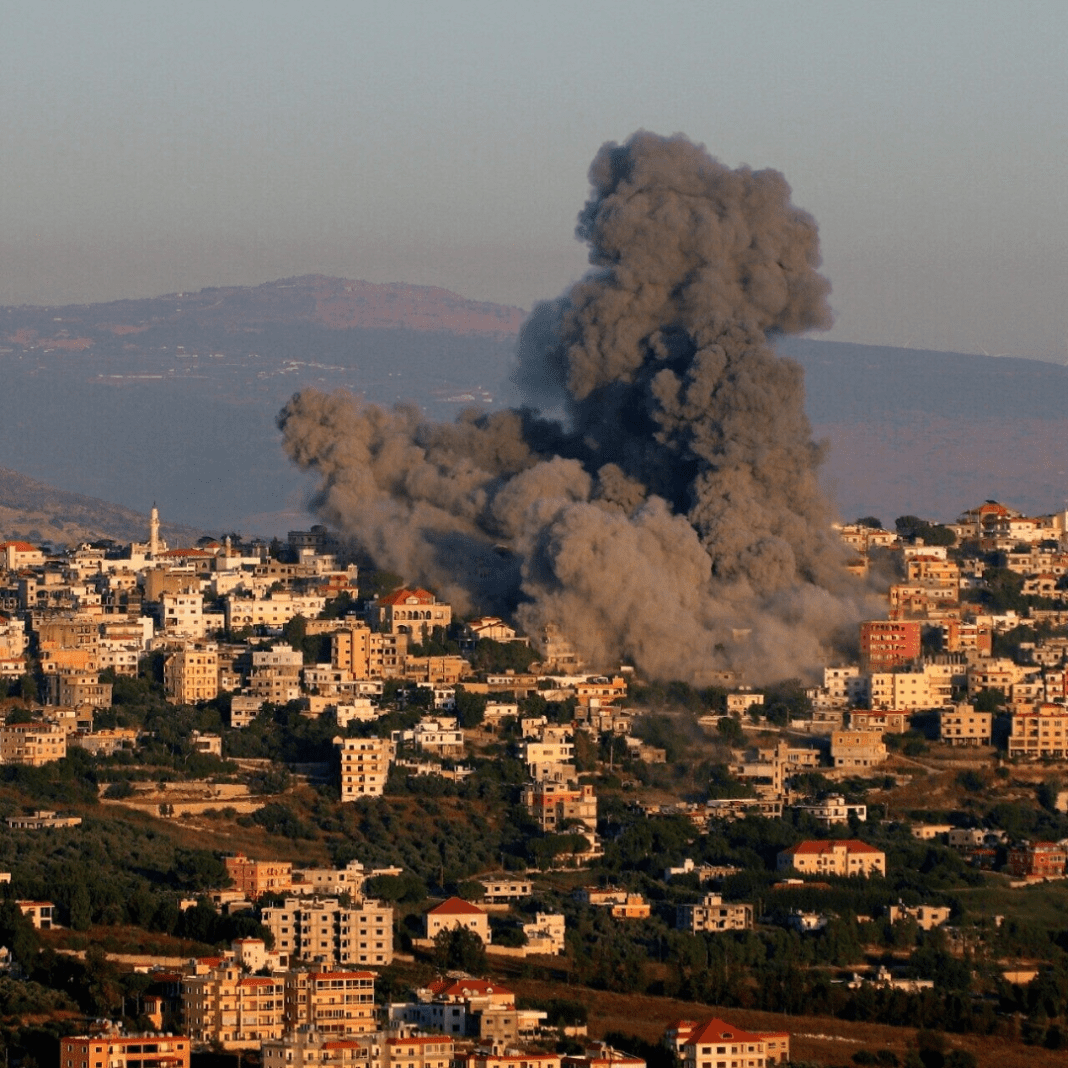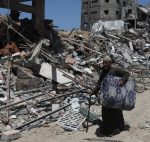The U.S. government has officially condemned Israel’s recent air raids on Lebanon. While military actions can sometimes pave the way for diplomatic solutions, they also carry significant risks. These strikes can lead to miscalculations and unforeseen consequences that complicate an already volatile situation. This dual nature of military action highlights the complexities surrounding the ongoing conflict in the region.
Israel Attacks and the U.S. Stance
Israeli aerial bombardment has this week pummeled southern Beirut as violence escalated in the Gaza Strip. Meanwhile, Israeli forces launched fresh military operations yesterday along the northern edge of the Gaza Strip, a move coming after Iran bombed Israel in response to the Israeli operations in southern Lebanon.
No Israeli casualties were reported from the Iranian strike. The United States described the missile attack as a failure for Iran. A State Department spokesperson said that military actions must be weighed carefully, adding that “Military pressure can sometimes empower diplomacy.” The United States supports Israel’s fight against militant groups but does not condone attacks on civilians. The spokesperson considers “every civilian death is one too many.” A ceasefire would ease diplomatic efforts, the US wants.
Surprising Costs of Military Aid to Israel
Continuing Escalation and International Concerns
Israel has made hundreds of people dead, thousands injured, and more than a million people forced out of their homes since it stepped up its military campaign in Lebanon. Israel claims its main target is Hezbollah militants.
Even France shared its concern. Emmanuel Macron, President of the country, even proposed to stop the arms supply to Israel as it only helps in achieving the goals of Iran. The joint plan with the U.S. and France was also postponed.
The tensions in Gaza are unchanged as well. They failed to reach an understanding for exchanging hostages. They could not come to an agreement on the military presence in southern Gaza by Israel. It keeps on fueling the whole conflict going on.
Casualties in Ongoing Violence
This violence is coming from the long Israeli-Palestinian conflict. On October 7, 2023, Hamas bombarded Israel, and this led to a lot of deaths. According to some reports, the Hamas attack had made 1,200 Israelis lose their lives and over 250 hostages.
Israel has reduced Gaza to ruin. Provinces health officials estimate that the dead in Palestine already total 42,000. Hundreds of thousands have been uprooted from their homes, and Palestinians living there are now faced with deplorable conditions. Their number totals nearly 2.3 million people in Gaza.
It is one situation that is attracting global focus. Argentina has even filed charges in the World Court against Israel with genocide charges, which Israel totally rejects. This creates a festering cauldron of tensions, mounting pressure to resolve diplomatically.
Biden Warns Israel Against Dangerous Strike on Iran’s Nuclear Sites
Continued violence injures both sides. The humanitarian tragedy compounds the atrocious nature of the issue of U.S. support for Israel. Civilian casualties draw attention to the strain for dialogue and cessations. The way to peace is long and hard, but diplomacy is the only alternative.
There is a growing public cry in the international arena for the humanitarian crisis, demanding from all concerned parties to ensure safety for civilians. Humanitarian organizations report shortages of vital supplies, making the plight of those caught in the conflict more critical than ever. The killing of innocent civilians is building significant pressure on governments toward finding a resolution. There is, hence, an ardent call for continued dialogue as a means of curtailing violence and paving the way toward sustainable peace.





